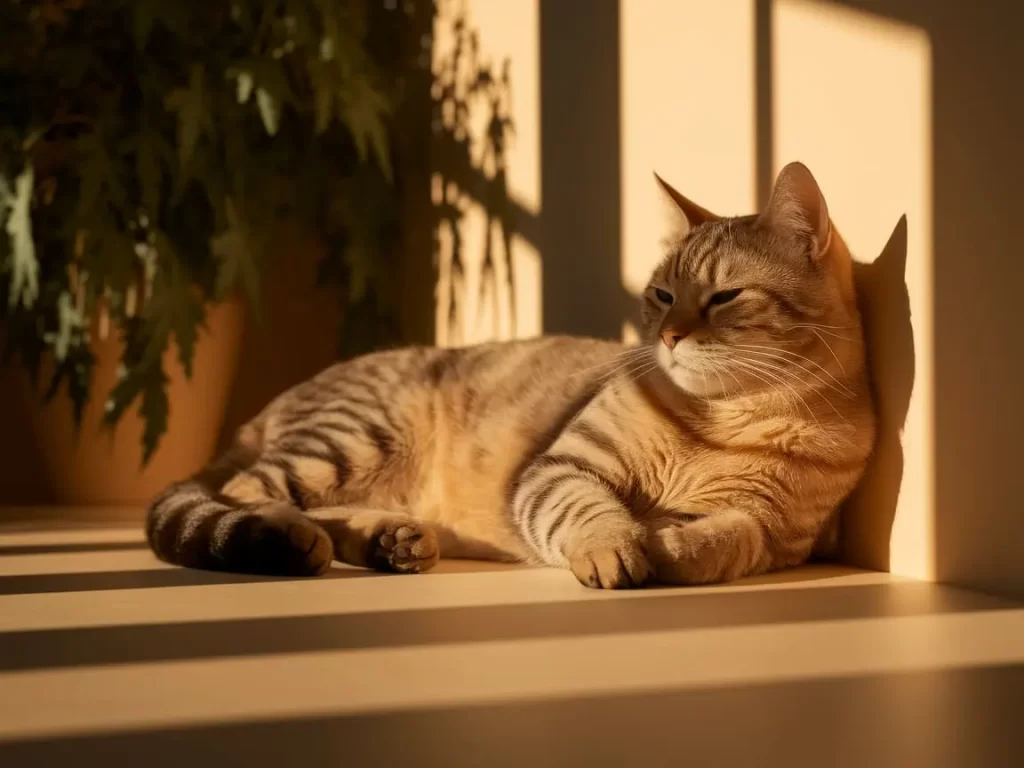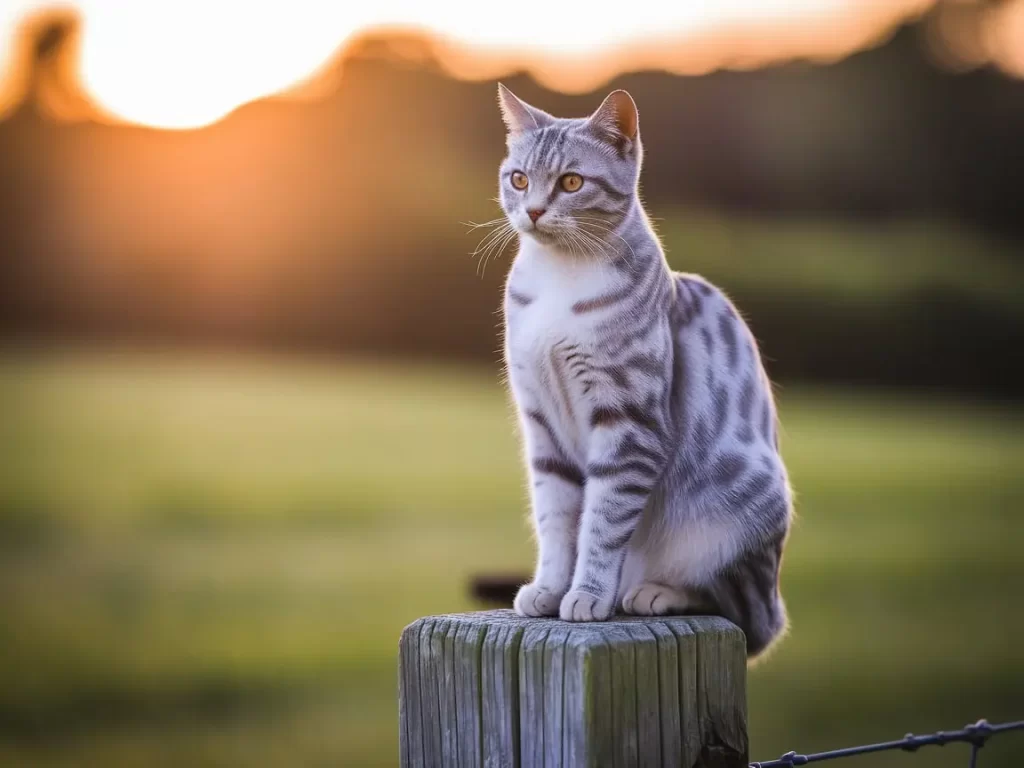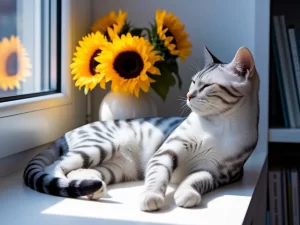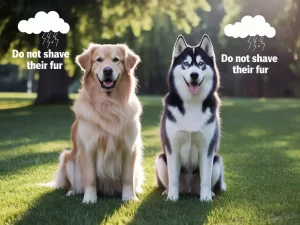Purring is one of the most comforting and recognizable behaviors in cats. It often signals contentment, relaxation, and even trust. But what happens when a cat doesn’t purr ever? If you’ve found yourself asking, “Why does my cat never purr?”, you’re not alone.
In this post, we explore the genetic, personality-based, and health-related reasons why some cats rarely or never purr. Plus, we touch on how maintaining your cat’s comfort and well-being, through regular care and professional cat grooming in Abu Dhabi, Dubai, and Al Ain, can contribute to their overall mood and behavior.

1. Genetics: Not All Cats Are Wired to Purr
Some cats are simply not born to purr frequently. Genetics plays a key role in how expressive a cat is. Certain breeds or bloodlines are known to be quieter or to communicate in different ways.
Cats that may purr less often include:
- Breeds with wild ancestry (e.g., Bengal, Savannah)
- Independent or less social breeds
- Cats from lines with low vocal tendencies
Just like eye color or fur type, purring habits can be inherited. A non-purring cat isn’t necessarily unhappy—they may just be genetically predisposed to silence.
2. Personality: Quiet Doesn’t Mean Unhappy
Each cat has a distinct personality. Some are talkative and expressive; others are calm and quiet. Cats that don’t purr might use other ways to show affection or trust:
- Rubbing their face against you
- Slow blinking
- Following you around the house
- Sleeping in close proximity
These subtle behaviors often go unnoticed but are just as meaningful as a purr. Understanding your cat’s unique way of expressing love is key to building a strong bond.
3. Health: When a Lack of Purring Needs Attention
While many cats are naturally quiet, a sudden stop in purring could signal a health issue. Cats are experts at hiding pain, and behavioral changes can be one of the first signs that something is wrong.
Health conditions that can affect purring:
- Throat or voice box issues (laryngeal problems)
- Respiratory infections or asthma
- Pain or injury
- Stress or anxiety
- Neurological problems
If your cat used to purr but no longer does—and you’re noticing other signs like hiding, aggression, or changes in appetite—it’s time for a vet visit.
The Role of Grooming in Stress Reduction
Cats are meticulous about cleanliness, but even the most diligent groomers need help from time to time. Professional mobile cat grooming in Dubai, Abu Dhabi, or Al Ain isn’t just about aesthetics—it’s about health and comfort.
Regular grooming helps with:
- Removing loose fur and preventing mats
- Reducing skin irritation and infections
- Lowering stress through gentle, routine care
A comfortable, well-groomed cat is more likely to be relaxed, and in some cases, may even start purring during or after a grooming session.

Final Thoughts
If your cat doesn’t purr, it’s not automatically a cause for concern. Factors like genetics, personality, and health all influence this behavior. What matters most is that your cat feels safe, cared for, and healthy.
With attentive observation, routine veterinary checkups, and services like cat grooming in Abu Dhabi, cat grooming in Dubai, and cat grooming in Al Ain, you can ensure your feline friend thrives—purrs or no purrs.





